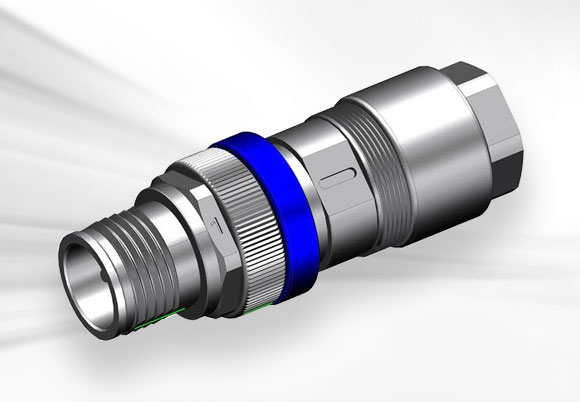In today’s dynamic and demanding environments, electrical connections face numerous challenges, especially when exposed to water. Whether it’s marine applications, outdoor installations, or industrial settings, the need for reliable and waterproof submersible electrical connectors has never been more critical. This blog delves into the world of these connectors, exploring their significance, applications, and the technologies that make them a game-changer in the electrical industry.
Understanding Waterproof Submersible Electrical Connectors:
- The Significance of Waterproof Connectors: Waterproof submersible electrical connectors play a crucial role in ensuring the integrity of electrical systems in wet and challenging conditions. These connectors are designed to resist moisture, prevent corrosion, and maintain a reliable electrical connection even when submerged.
- Applications Across Industries:
- Marine Environments: In the maritime industry, where exposure to saltwater is constant, submersible connectors are indispensable for maintaining electrical connections on ships, submarines, and offshore platforms.
- Outdoor Lighting: Streetlights, landscape lighting, and other outdoor installations benefit from waterproof connectors to withstand rain, snow, and varying temperatures.
- Industrial Settings: Factories and industrial facilities often require submersible connectors for machinery that may be exposed to liquids during operation or cleaning processes.
Technological Advancements:
- IP Ratings and Beyond:
- Understanding IP Ratings: Ingress Protection (IP) ratings classify the degree of protection a connector offers against solids and liquids. Higher IP ratings signify better protection. For submersible connectors, a high IP rating is a must to ensure reliability underwater.
- Advanced Sealing Technologies: Manufacturers employ advanced sealing materials and techniques such as rubber gaskets, O-rings, and epoxy potting to create a robust barrier against water ingress.
- Materials Matter:
- Corrosion-Resistant Alloys: Connectors crafted from corrosion-resistant materials like stainless steel or specialized alloys ensure longevity, especially in harsh environments.
- Durable Insulation: High-quality insulation materials not only protect against water but also provide electrical insulation, preventing short circuits.
Case Studies:
- Real-world Success Stories:
- Underwater Sensors: Explore how waterproof submersible connectors enable the seamless operation of underwater sensors, contributing to oceanographic research and environmental monitoring.
- Offshore Energy Platforms: Discover how these connectors play a vital role in maintaining electrical connections on offshore wind turbines and oil rigs, where exposure to saltwater is constant.



